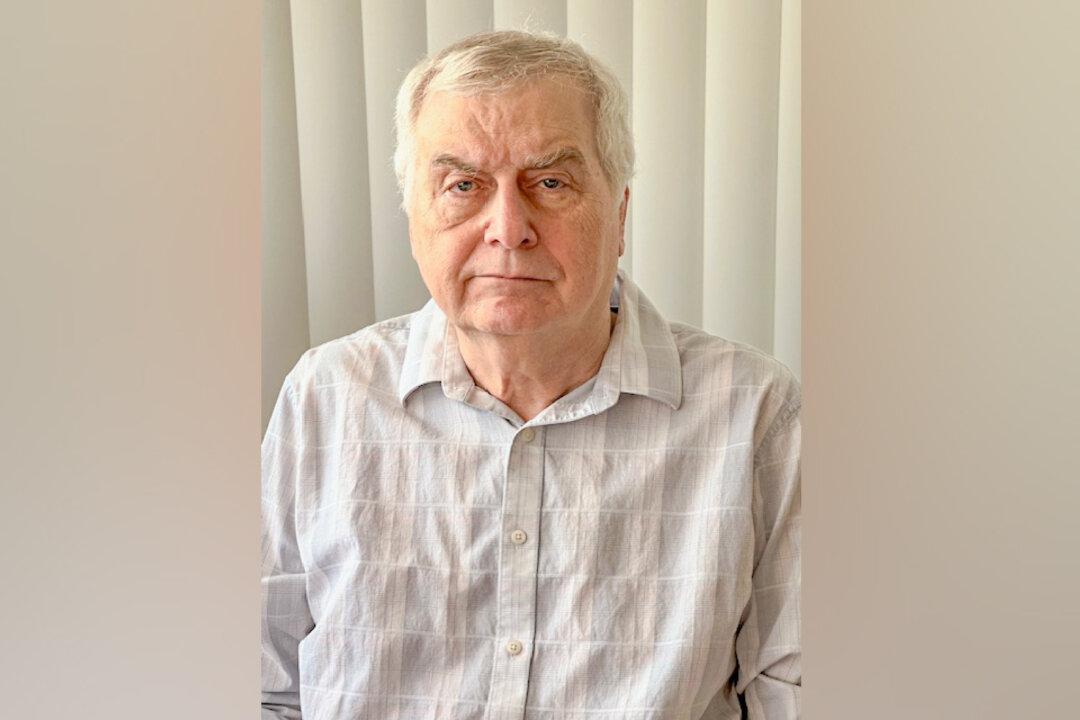Nearly two years of disciplinary hearings for a Toronto Catholic school board trustee have wrapped up, with final arguments focusing on free speech and its limitations.
The Ontario College of Teachers brought Mike Del Grande before a tribunal in hearings starting November 2022 for comments he made about gender identity and abortion in 2019. Del Grande has a teaching licence but has never worked as a teacher.





